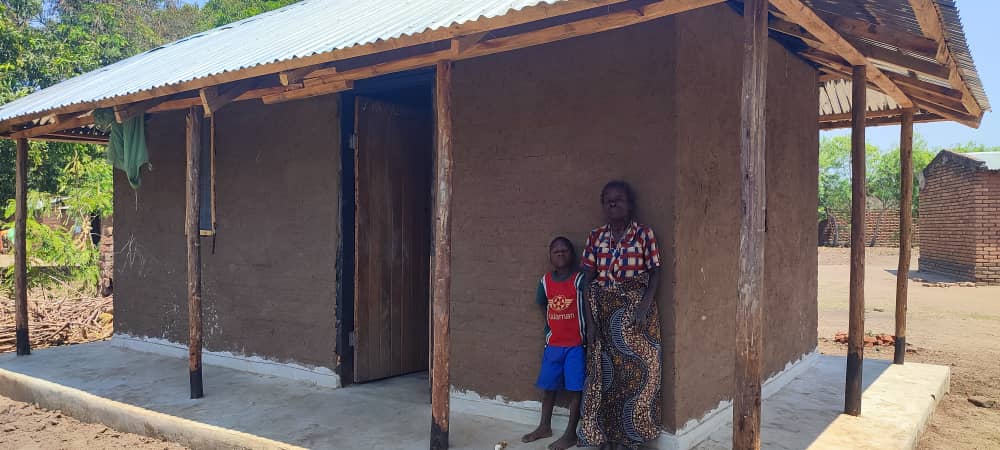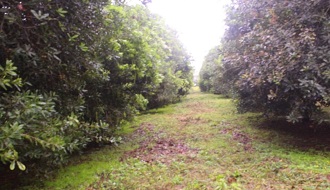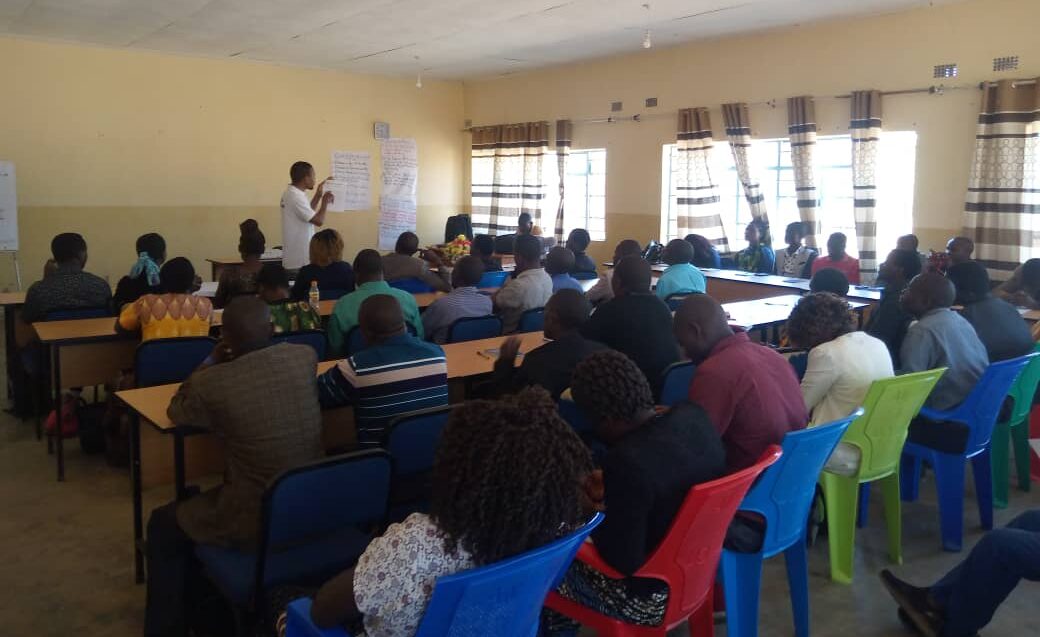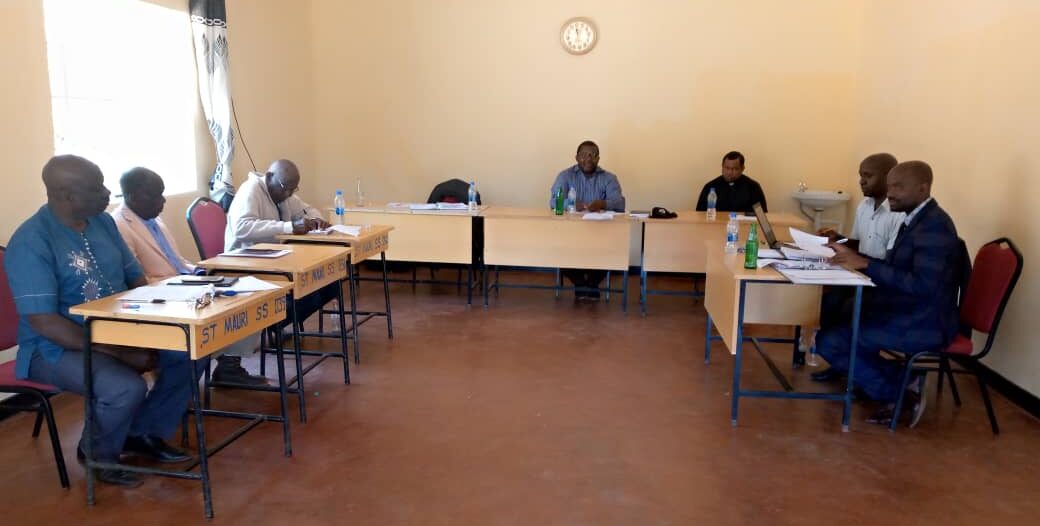Karonga District Council Commends Development Desk’s Disaster Preparedness Project
By Ellah Chirwa Karonga District Council has commended the Development Desk (also known as CADECOM) of the Diocese of Karonga for training communities, living in disaster prone areas of Traditional Authorities Mwkaboko, Mwirangombe and Wasambo, in disaster preparedness. New lease...
Read MoreThe Eye of the Needle: Church Mission and Investment
*By Father Joseph Mkinga In Luke 18:22, Jesus tells a wealthy young man to ‘sell all that you own and distribute the money to the poor.’ Jesus goes on to say, ‘it is easier for a camel to go through...
Read MoreJustice and Peace Desk Trains Safeguarding Focal Persons
By Janet Mhango From the 14th to the 15th of September, CCJP has trained the Safeguarding Focal Persons on safeguarding, case management, and referral. The training brought about 54 Safeguarding Focal Persons from 25 Catholic Primary Schools and 4 Catholic...
Read MoreSt Mauritius Secondary Set for Second Enrollment of Form I – Board
By Lino Nyirenda The Board of Governors of St Mauritius Secondary School, meeting on 4th September, 2023, has confirmed that the School is set to receive the second cohort of Form I. Board Members during their meeting The school opened...
Read More



